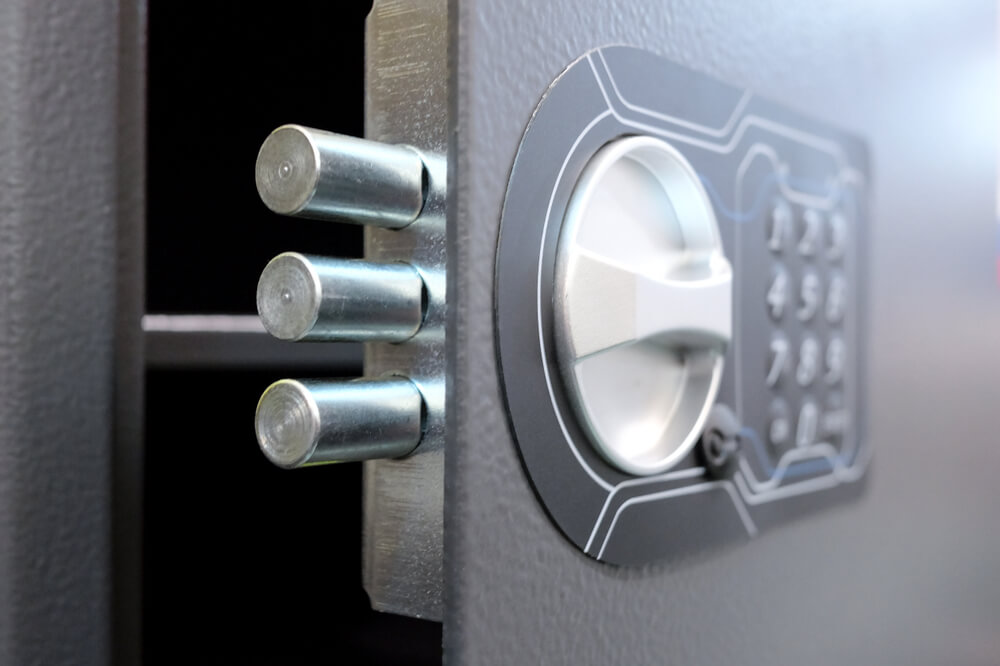In a world filled with electrical appliances, electronics, and industrial machinery, safety and quality standards are paramount. The Underwriters Laboratories (UL) Certification is a globally recognized mark of safety, reliability, and compliance with stringent standards. In this comprehensive guide, we will explore the significance of UL Certification, its history, the certification process, and its impact on businesses and consumers.
Understanding the UL Certification
UL Certification is not just a label; it is a testament to a product’s adherence to rigorous safety and performance standards. Founded in 1894, Underwriters Laboratories Inc. is an independent, nonprofit organization dedicated to advancing safety science. UL develops and publishes standards, performs testing, and grants certification marks to products that meet or exceed these standards.
Why is UL Certification Important?
- Safety Assurance – UL Certification is primarily about safety. Products bearing the UL mark have undergone extensive testing to ensure they are safe for use in homes, offices, factories, and other settings. This helps prevent accidents, injuries, and fires.
- Product Quality – The UL Certification process assesses safety, product quality, and performance. This ensures that consumers get reliable, high-quality products that meet their expectations.
- Global Recognition – UL is recognized worldwide. This means a product with a UL mark can be easily accepted and trusted in international markets, facilitating global trade.
- Compliance with Regulations – Many regulatory authorities require products to meet specific safety standards. UL Certification often meets or exceeds these requirements, helping businesses navigate legal and regulatory complexities.
Is UL Certification Accepted in Canada?
Yes, UL Certification is generally accepted in Canada. While Canada has its own set of safety standards and certification requirements, many Canadian authorities and consumers recognize and accept UL Certification as evidence of compliance with safety standards. This acceptance is due to the long-standing reputation and rigorous testing procedures of Underwriters Laboratories (UL).
In Canada, the Standards Council of Canada (SCC) plays a central role in accrediting certification bodies and ensuring that products meet the necessary safety standards. Additionally, there are Canadian standards organizations, such as the Canadian Standards Association (CSA), that develop and maintain safety standards specific to Canada. However, many of these Canadian standards are harmonized with international standards, and UL often participates in the development of these standards.
UL Certification is widely used in Canada across various industries, including electrical and electronic products, appliances, industrial equipment, and more. Manufacturers seeking to sell their products in the Canadian market may choose to obtain UL Certification as it provides a level of assurance that their products meet safety and quality requirements, and it can streamline the process of gaining compliance with Canadian regulations.
What is a UL-Certified Safe?
A UL-certified safe is a security container or storage unit that has been tested and certified by Underwriters Laboratories (UL) to meet specific standards for fire resistance and/or burglary protection. These safes are designed to provide a high level of security and protection for valuable items, documents, and assets. Here’s a breakdown of what a UL-certified safe entails:
- Fire Resistance – UL certifies safes for their ability to withstand fire. These safes are tested for their resistance to high temperatures and the protection of contents during a fire. There are various fire ratings, such as 1-hour, 2-hour, or 3-hour fire ratings, indicating how long the safe can maintain its internal temperature below a critical point during a fire.
- Burglary Protection – Safes can also be UL-certified for their ability to resist unauthorized entry. This involves testing the safe’s resistance to various forms of attack, including drilling, cutting, prying, and manipulation of locks. Safes are assigned different burglary ratings based on the level of security they offer.
- UL Labels and Ratings – A UL-certified safe will typically bear a UL label or mark, indicating that it has undergone testing and meets specific standards. The label will specify the safe’s fire rating, burglary rating, and other relevant information.
- Types of UL-Certified Safes – There are various types of UL-certified safes, including home safes, commercial safes, gun safes, and vaults. Each type of safe may have different certification requirements based on its intended use and the level of protection it should provide.
- Customization – Some safes are custom-built to meet specific security needs. In such cases, UL certification ensures that the custom-designed safe meets the required safety and security standards.
- Regulatory Compliance – UL-certified safes are often used by businesses, financial institutions, government agencies, and individuals to comply with insurance requirements or regulatory standards related to the secure storage of valuable assets and sensitive documents.
Final Thoughts
In closing, it’s important to emphasize that while UL-certified safes offer a high level of assurance regarding their fire resistance, burglary protection, and overall security, not all safes on the market carry this certification. Some safes may not have undergone UL testing or may have different types of certifications from other reputable organizations.
Therefore, when selecting a safe, it’s crucial to carefully assess your security needs, consider the type of protection required for your assets, and research the specifications and certifications of the safe you’re considering. The right safe should provide you with peace of mind, knowing that your valuable items and documents are secure and protected.








